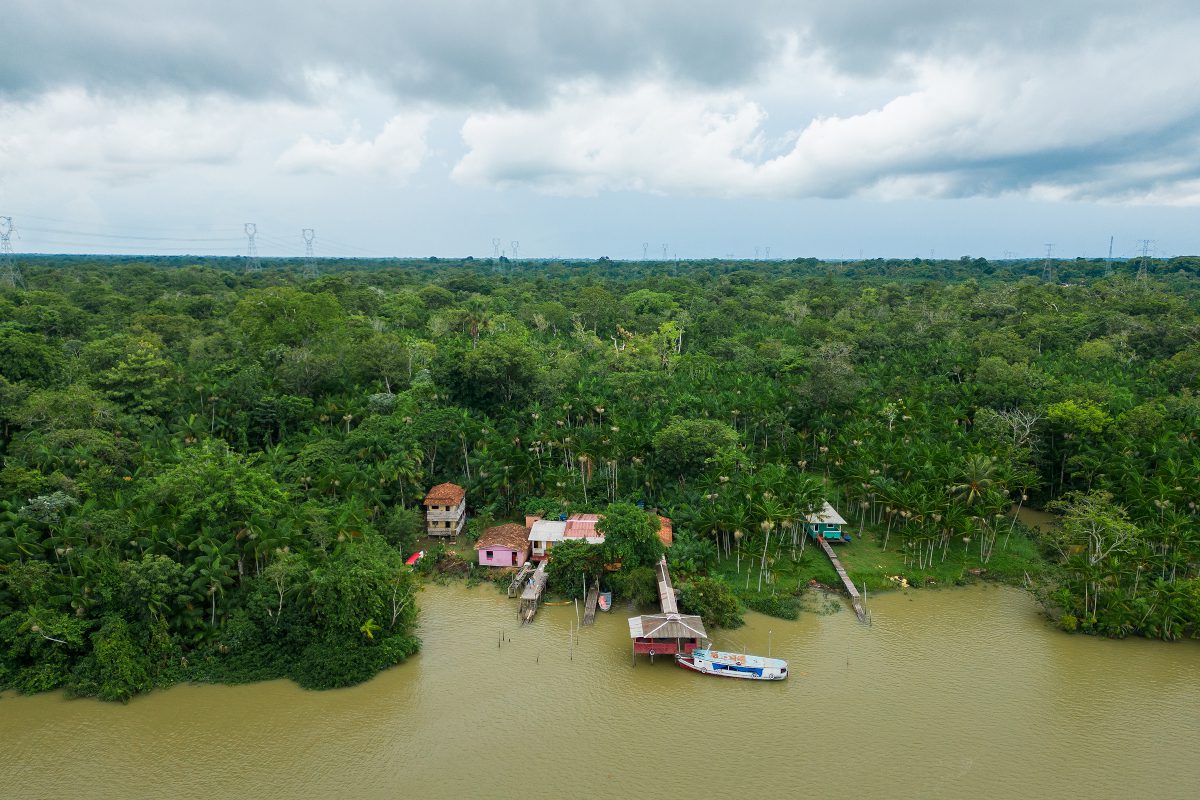Early data released from a survey of over 100 professionals working in the ecology and environmental management sector in England has seemingly shown that only one-fifth of respondents believe BNG has been successful so far.1 These requirements came into force in February for most developments. The full findings and research from the survey are expected to be published early next year.
The survey was designed by climate technology firm AiDASH for the Chartered Institute of Ecology and Environmental Management’s Autumn Conference 2024.
BNG is an approach to development that aims to leave biodiversity in a better state than before and has been mandatory for most new planning applications in England since February 2024, with a requirement to deliver at least a 10% increase in biodiversity units. This is a critical part of the UK Government’s response to protecting and restoring biodiversity in England, which is one of the most nature-depleted countries.
As with many new regulations, it has encountered teething troubles in the first 9 months since being introduced. The survey was shared with members of CIEEM, a leading professional body for applied ecologists and environmental managers in the UK, and the results highlight two challenges to successful implementation of BNG in England in 2024. These must be addressed as we head into BNG’s second year and as other nations look to learn from England’s experience.
1. Difficulty in obtaining necessary and relevant information and data
2. Skills and capacity shortages
Difficulty in obtaining information and data
When asked if statutory BNG metrics describe everything needed to prepare a compliant application, 86% of over 100 respondents did not agree. Two-thirds did not believe it was easy to find data relevant to identifying and defining habitats, while 63% also disagreed that it was easy to access data to determine the strategic significance of habitats.
Skills shortage
Respondents overwhelmingly (89%) asserted that there remains a substantial and concerning shortfall in suitably experienced ecologists to meet UK BNG workloads. Only one quarter found there to be sufficient training opportunities to develop skills relevant to the statutory BNG metric.
As a result of these challenges, ecologists are under increasing pressure, with 73% of respondents having felt pressured, rushed, or stretched delivering BNG. Without the necessary information, data, and skilled resources, over half of respondents said they are also facing professional ethical concerns about issues including perverse outcomes of the metric or pressure to deliver a 10% gain.
When it comes to solutions, over half of respondents agreed that technology could help tackle these initial challenges to BNG implementation. Innovations in satellite and AI technology are emerging to bridge the skills gap and make data more readily available, helping ecologists radically scale up the quantity and quality of the work they are able to deliver.
“Having the right skills and capacity within the ecology and environmental management sector is crucial to nature recovery. BNG is a core part of England’s approach and is inevitably resulting in more work and pressure in our sector.” Says Mark Nason, Head of Professional Practice at CIEEM. “We need to work together to make BNG a success, and this means learning lessons from implementation since February, and improving capacity within the sector. Better access to training, data, and appropriate use of AI tools are all part of the solution,” concludes Mark.
AiDASH says its BNGAI software solution “uses artificial intelligence and satellite technology to help turn the UK’s biodiversity ambitions into a realistic and practical reality”. The technology aims to ensure accurate and reliable habitat mapping and biodiversity baseline assessments and can deliver these in a matter of days, rather than weeks or months, says AiDASH. “BNGAI is already used by over 250 of the largest developers and a dozen local governments, with over a hundred ecologists using the platform across the UK.”
“Listening to ecologists, we know there are challenges standing in their way to effectively deliver BNG in England,” says Shashin Mishra, VP EMEA, AiDASH. “Tools that can do a lot of the heavy lifting – helping ecologists collect the data they need and performing time-consuming procedural tasks for them – are available, helping them focus on higher value tasks and work faster.
“Our job is to continue listening carefully to ecologists and to keep communicating and improving the benefits our technology is able to deliver,” continues Mishra. “We’re confident that next year will see an increased collaboration between skilled ecologists and these latest technological advances and that, together, we can make 2025 a successful year for BNG in the UK.”
Notes
[1] 90% of respondents are ecologists. The remaining 10% are other professionals working with BNG.
















